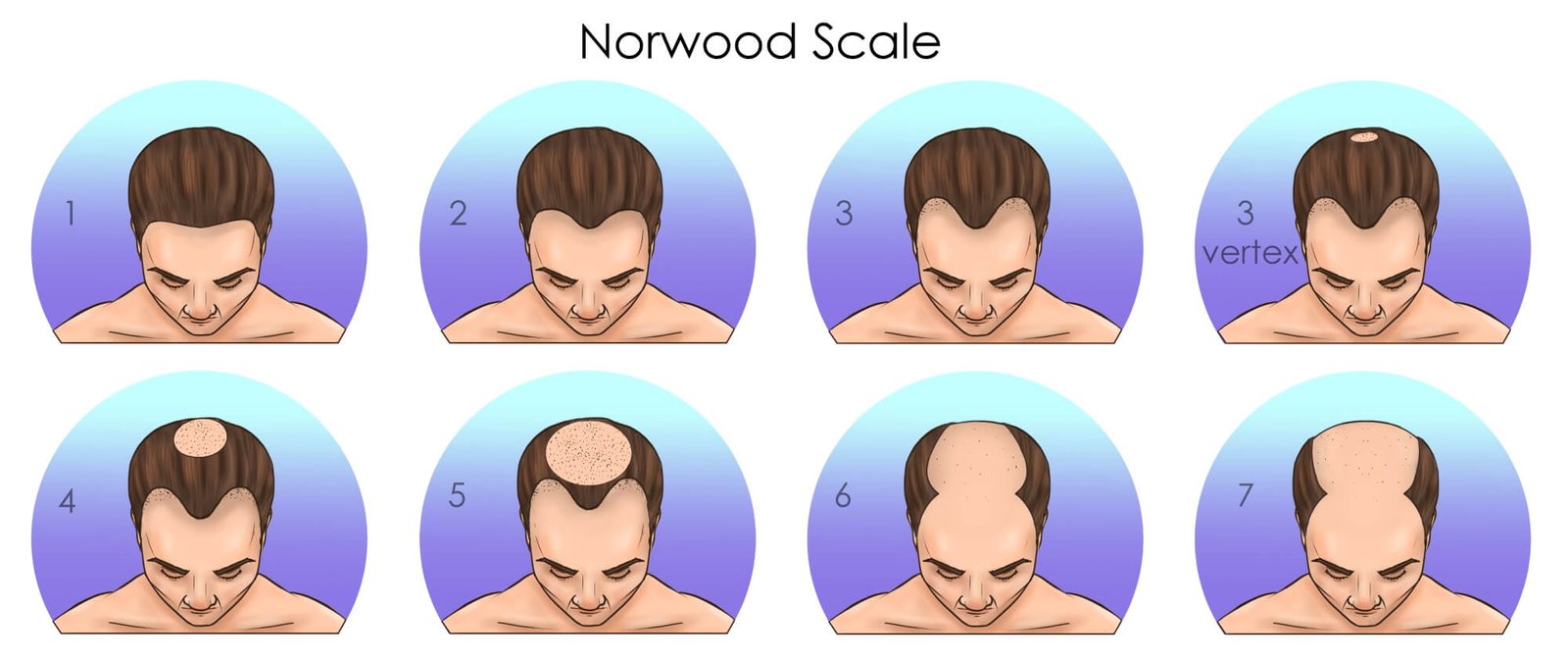Hair growth is a complex biological process that involves several factors, such as genetics, hormones, and nutrition. Whether you’re dealing with hair loss or simply want to improve the health of your hair, understanding how hair grows can help you make informed decisions about your hair care routine. In this blog post, we’ll explore the science behind hair growth and share some tips on how to promote healthy hair growth.
Understanding How Your Hair Grows:
Hair growth is a complex process that involves a number of factors. The growth of hair is controlled by a group of cells known as hair follicles. Each hair follicle goes through a series of cycles that determine the growth, rest, and shedding of the hair. There are three main stages of hair growth:
1. Anagen – The Growth Stage:
The anagen stage is the first and longest stage of hair growth, which lasts anywhere from two to seven years. During this stage, hair cells in the hair follicles divide rapidly, and new hair is formed. The hair shaft grows longer and thicker, and the hair is firmly rooted in the scalp. The anagen stage is the most critical stage of hair growth because it determines the length and thickness of the hair.
2. Catagen – The Transitional Stage:
The catagen stage is a short transitional stage that lasts for about two weeks. During this stage, the hair follicle shrinks, and the hair detaches from the blood supply, signaling the end of the growth phase. The hair follicle enters a rest period, and the hair stops growing.
3. Telogen – The Resting Stage:
The telogen stage is the final stage of the hair growth cycle, lasting for around three months. During this stage, the hair is in a resting phase, and the hair follicle is dormant. At the end of the telogen stage, the hair falls out, and the growth cycle starts again.
Factors Affecting Hair Growth:
There are several factors that can affect hair growth. Genetics plays a major role in determining the thickness and texture of our hair. Hormones also play a critical role in hair growth, with imbalances leading to hair loss or thinning. Other factors that can affect hair growth include stress, poor nutrition, and certain medical conditions.
- Genetics and family history
- Age and hormonal changes (e.g., puberty, menopause)
- Nutritional deficiencies and imbalances (e.g., iron deficiency, biotin deficiency)
- Environmental factors (e.g., sun exposure, pollution)
- Lifestyle factors (e.g., stress, smoking, alcohol consumption)
Hair Growth: 6 Natural Tips to Make Your Hair Grow Faster” by NDTV
Promoting Healthy Hair Growth:
There are several ways to promote healthy hair growth. Eating a healthy and balanced diet is essential for healthy hair growth. A diet rich in protein, iron, and vitamins is vital for the growth and maintenance of healthy hair. Regular exercise and stress reduction techniques, such as yoga and meditation, can also help promote healthy hair growth.

Using hair care products that contain natural ingredients can also help promote healthy hair growth. Products containing ingredients such as biotin, keratin, and castor oil are known to nourish and strengthen hair follicles. Avoiding harsh chemicals and heat styling tools can also help prevent damage to hair follicles.
10 Simple Lifestyle Habits That Help Prevent Hair Loss
Conclusion:
Hair growth is a complex process that involves several factors. Understanding the different stages of hair growth and the factors that affect it can help us promote healthy hair growth. Eating a healthy and balanced diet, exercising regularly, and using natural hair care products can all contribute to healthy hair growth. With proper care and maintenance, we can all enjoy healthy, beautiful hair.
- Travel Hotel Manager Reveals Terrifying Reason You Should Never Use The Toiletries
- Brittney Griner To Miss Two WNBA Games To Focus On Mental Health
- Moment Cardi B Tosses Mic As Concertgoer Throws Drink At Her On Stage
- Messi Confirms He’s Going To MLS Club Inter Miami
- Prince Harry Says Rumors About James Hewitt As His Biological Father Is To Oust Him From The Royal

